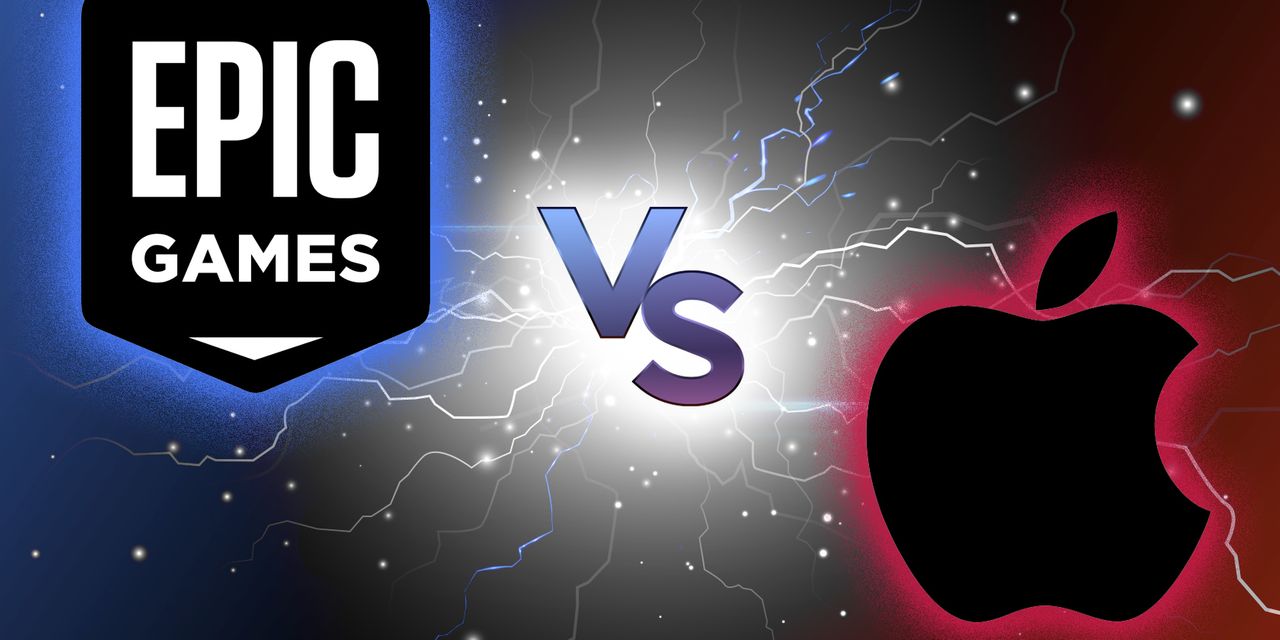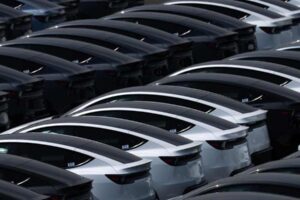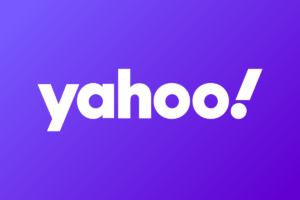
Epic Games Inc. is wrapping up its antitrust case against Apple Inc. much as it started: Fending off a relentless assault by Apple lawyers and experts challenging the premise of its historic lawsuit.
If this is beginning to sound like an echo, it’s because Apple AAPL, +1.26% has used its considerable resources inside the courtroom and out to make its point clear: Epic’s market definition, which centers on Apple’s App Store, “is too narrow because it focuses on the one platform and consumers can transact on other platforms,” Francine LaFontaine, an economics professor at University of Michigan and Apple witness, said.
If the first eight days of the bench trial has proved anything, it is the difficult path Epic faces in convincing federal Judge Yvonne Gonzalez Rogers that Apple engaged in price-gouging monopolistic behavior. An Apple legal representative deemed Epic’s case a PR strategy in search of a legal theory — part of a pattern of Apple’s willingness to throw sharp elbows.
The tenor of Apple’s expert-witness testimony — precise, relentless, and unwavering — underscored what has been a comprehensive, no-holds-barred defense of the App Store, on which much of Apple’s business hinges.
In addition to a roster of experts who thoroughly pushed back at Epic’s experts, Apple requested the court expunge the testimony of Lori Wright, Microsoft’s vice president of business development, on the premise that Microsoft didn’t turn over documents Apple needed to properly question her. Epic and Microsoft have until Monday to respond.
Consider Wednesday’s court proceedings. Susan Athey, an economics professor at the Stanford University Graduate School of Business and Epic’s final witness, was repeatedly pressed by Apple attorney Karen Dunn about her work for Microsoft Corp. MSFT, +1.19%, gaming technology jargon, and Athey’s methodology in depicting Apple’s App Store as an monopoly.
“What Epic is asking for in this case is for Apple to make its products interoperable,” Dunn said.
Athey and Epic’s previous witness, David Evans, chairman of Global Economics Group, have dominated the week trying to establish that Apple’s iOS platform constitutes a monopolistic market that harms consumers with higher prices and boxes out competing gaming developers. Evans calculated that nearly 80% profit margins contributed to a multibillion-dollar App Store business that had a market to itself.
“Apple has substantial market power” in smartphone operating systems, Evans said Monday. It and Google’s Android, he concluded, are a duopoly that have controlled 100% of the smartphone OS since 2013. Globally, excluding China, the split is 60%-40% Android; in the U.S., it’s about even, he said.
Read more: Epic takes aim at Apple’s financial advantage in App Store model
Like Athey, Evans faced withering questions from Apple’s legal counsel, who questioned his research, definition of market dominance, and thin history of testifying in antitrust cases. Indeed, Evans — who is Epic’s lead expert witness and is scheduled to take the stand again — has been the focus of a concerted push-back campaign by Apple.
More important, Athey’s testimony is where the battle of the dueling expert witness segment of the trial kicked in. Her testimony was followed by Apple’s experts, as earlier agreed upon by the federal court in Oakland, Calif. MIT economics professor Richard Schmalensee, testifying on behalf of Apple, argued Wednesday that Evans’ analysis is wrong. “There really isn’t a market there,” Schmalensee said. “The Apple iOS has never been licensed separately from devices.”
“Apple’s iOS business is clearly a platform linking consumers and developers,” Schmalensee said. “The iOS is at the core of that platform. It links apps to those devices.”
(Ironically, Schmalensee collaborated closely with Evans on three books, half a dozen articles, and amicus briefs that included one cited by the U.S. Supreme Court in the American Express case. Epic’s arguments draw on major antitrust cases against American Express Co. AXP, Eastman Kodak Co. KODK, and Microsoft, but apply those precedents in new ways that have not been tested in U.S. courts, legal experts said.)
Schmalensee did acknowledge that Apple has been under antitrust scrutiny in the U.S. and elsewhere for years. This prompted Gonzalez Rogers, to eventually drop a telling comment. “I have the [American Bar Association’s] Antitrust Law book up here and I’ve heard quite a bit of evidence throughout the trial regarding how big Apple is and how anticompetitive it is,” she said.
Another Apple expert, Loren Hitt, professor at University of Pennsylvania Wharton Business School, pointed out that Apple has reduced the rate of the commission over time. While the general commission remains 30%, subscriptions, video subscriptions, and small businesses that earn less than $1 million pay 15%.
There are 78 million phone purchases every year, Hitt said, and Apple, Samsung Electronics Co. Ltd. 005930, -1.88%, LG , and Google GOOGL, +0.40% GOOG, +0.27% create products designed to make it possible to easily switch between platforms.
The contours of expert testimony defining the reach and influence of the App Store elicited contrasting analogies. Francine LaFontaine, an economics professor at University of Michigan, compared the App Store to a supermarket, where shoppers buy many goods, while the Epic Game Store, she said, is more like a liquor store for specific purchases.
Schmalensee, conversely, said that because research costs for the App Store can’t be divorced from Apple’s hardware costs, the store is more like a cow (!). A farmer who raises cattle for meat and leather can’t allocate feed costs to just one product, because both benefit, he said.
Finally, Judge Gonzalez Rogers asked whether iOS is an “essential facility,” a vital system or technology that rivals can’t effectively compete without. The idea derives from railroads, Schmalensee said, where there might be only one bridge that several railroad lines need to use. “You had to have that bridge,” he said. “There was no alternative.”
Thursday’s court day, the ninth of the closely-watched trial, featured the testimony of Hitt, Michael Cragg, chairman at The Brattle Group, and Evans.
Epic may rest its case Friday, Epic counsel Katherine Forrest said late Wednesday.







